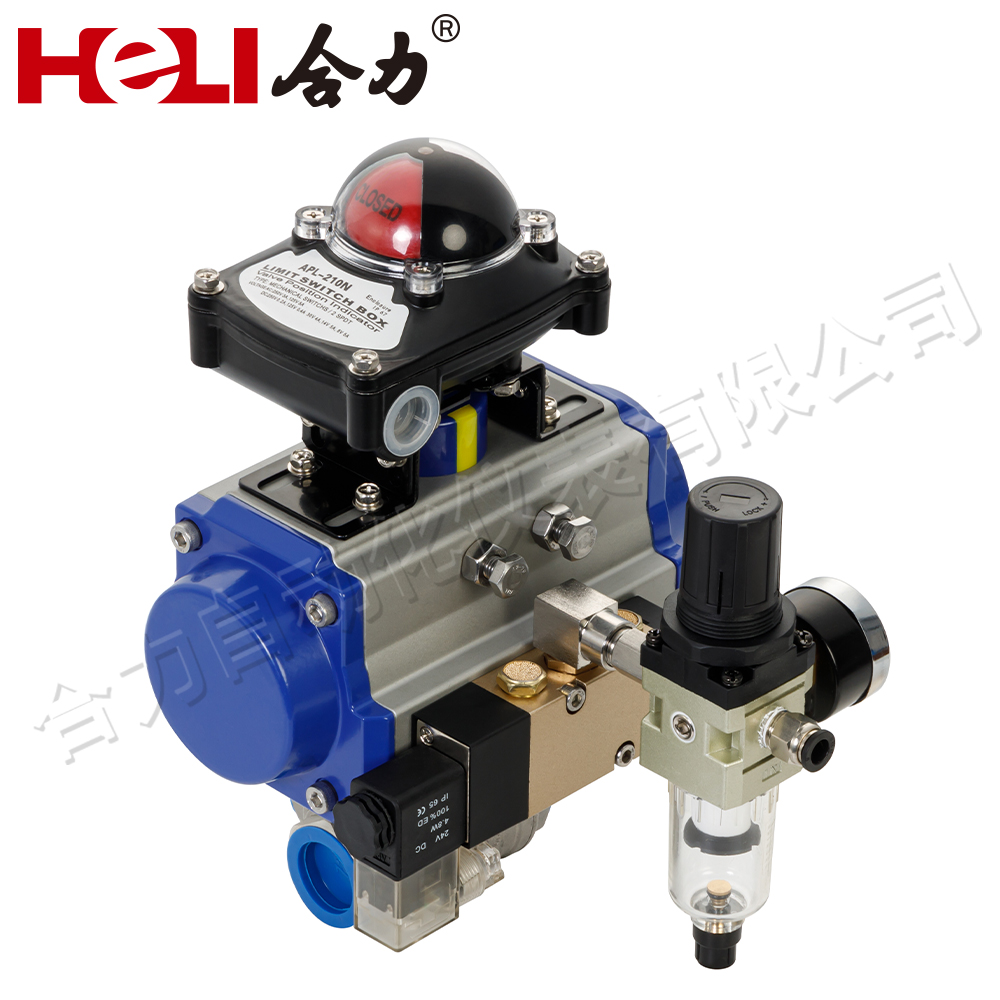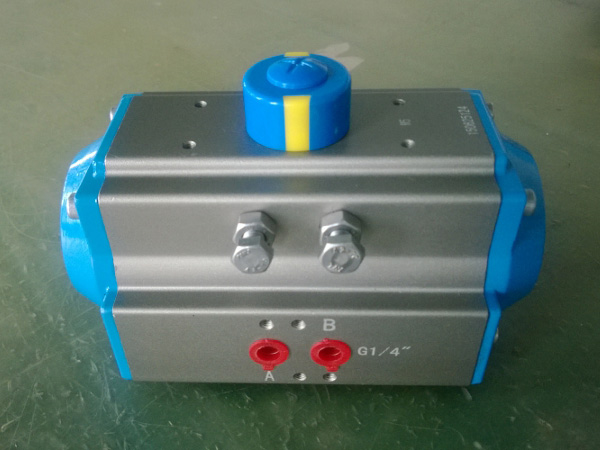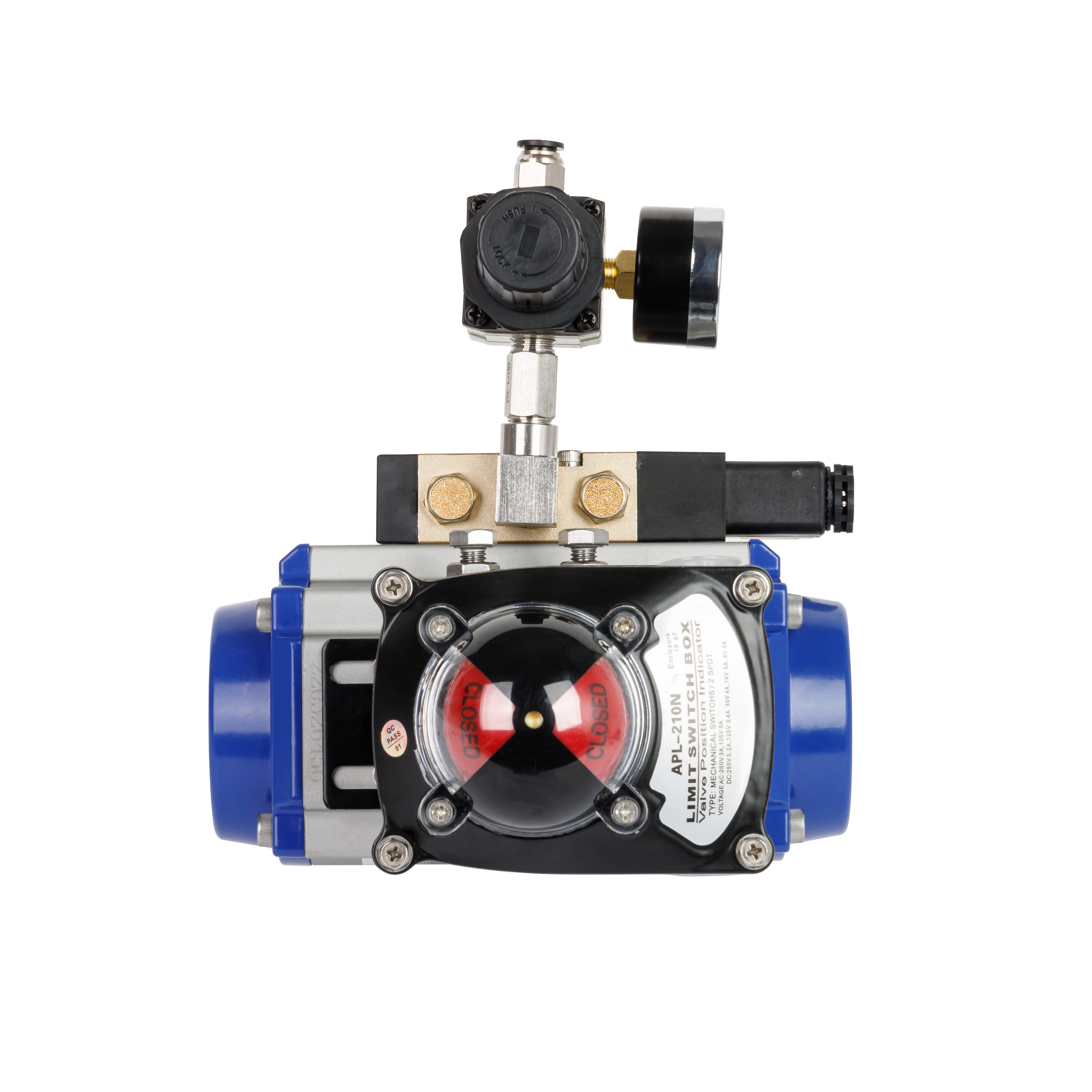
In recent years, the pursuit of sustainable energy sources has gained unprecedented momentum. Among various innovations, hydrogen energy has emerged as a key player in the quest for clean and efficient power. This article delves into the potential of hydrogen energy pneumatic actuators, a technology that combines the benefits of hydrogen fuel with pneumatic actuation systems, offering a promising solution for various industrial applications.

Hydrogen energy, as a clean fuel source, is produced through various methods, including electrolysis of water, reforming natural gas, and biomass gasification. When harnessed, hydrogen can power fuel cells that emit only water vapor as a byproduct, making it an environmentally friendly alternative to fossil fuels. This characteristic makes hydrogen energy particularly appealing in sectors aiming to reduce carbon footprints and embrace sustainable practices.

